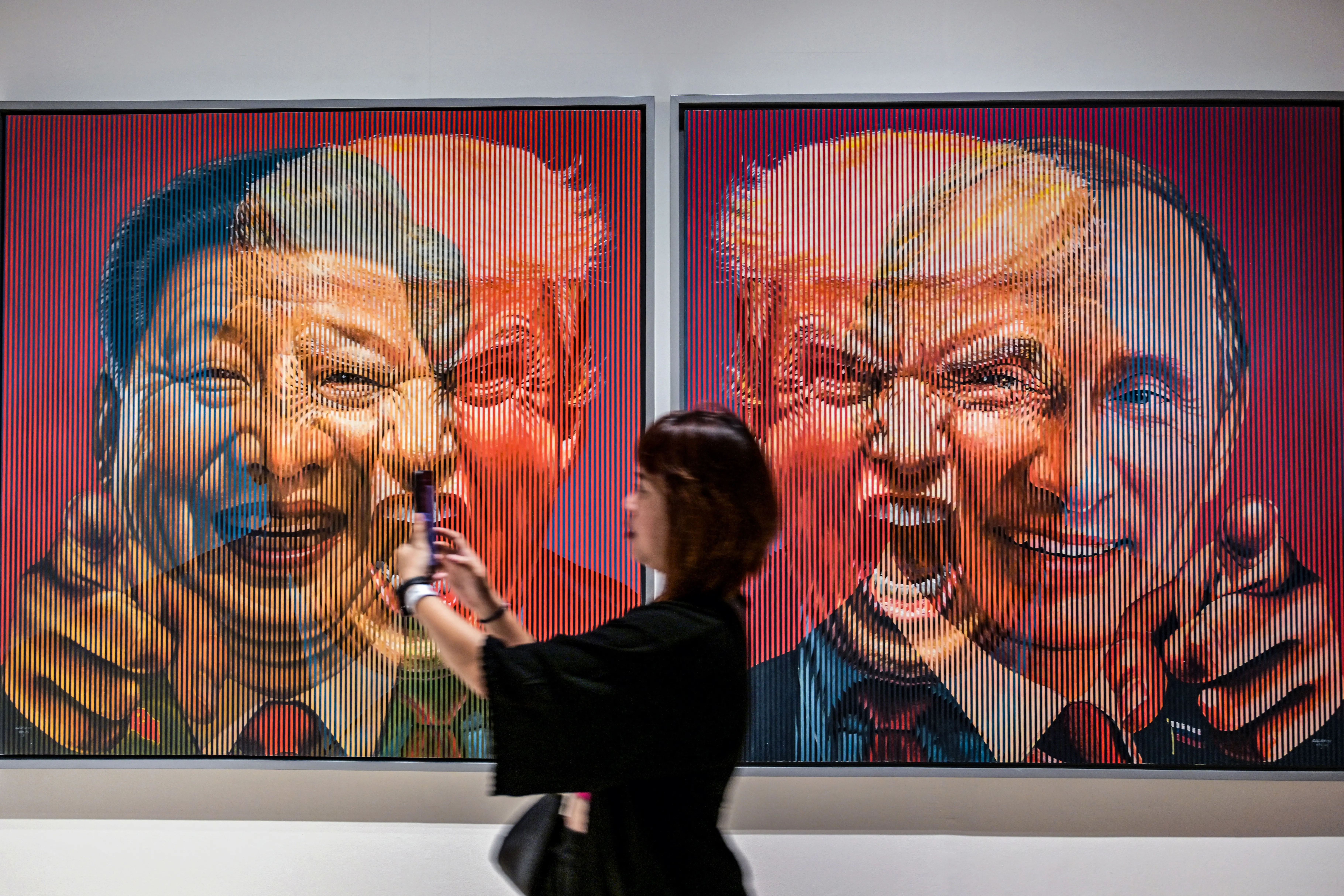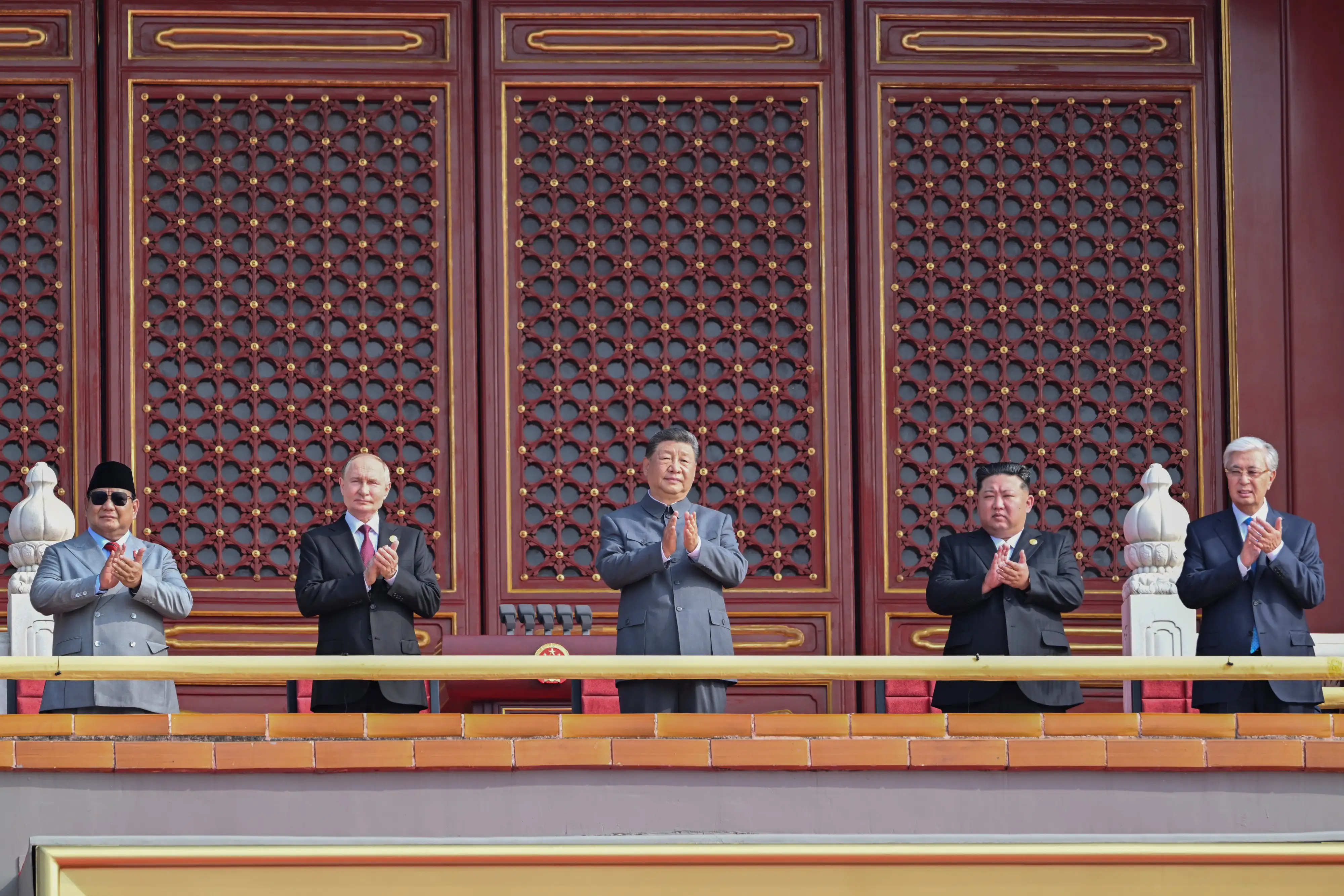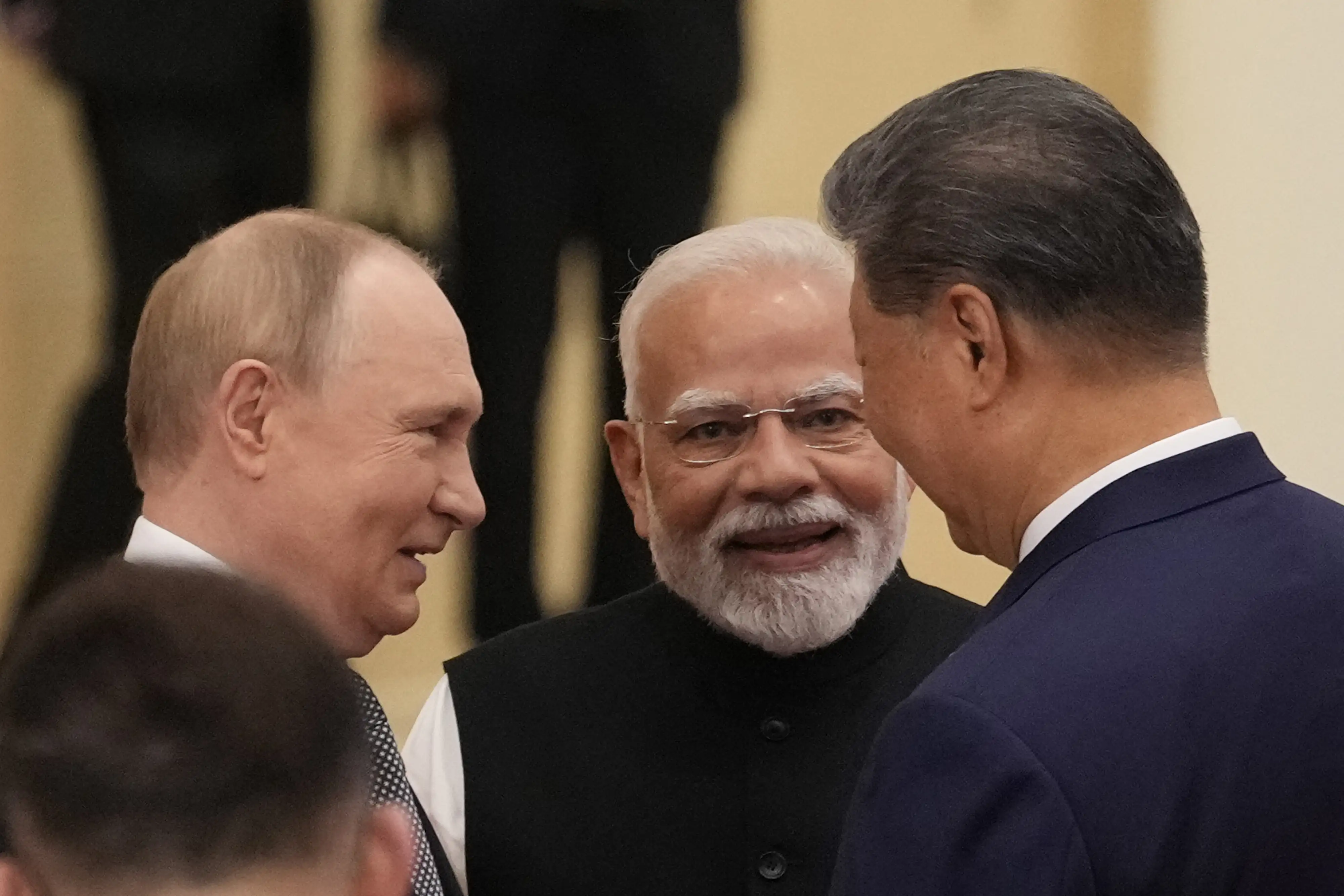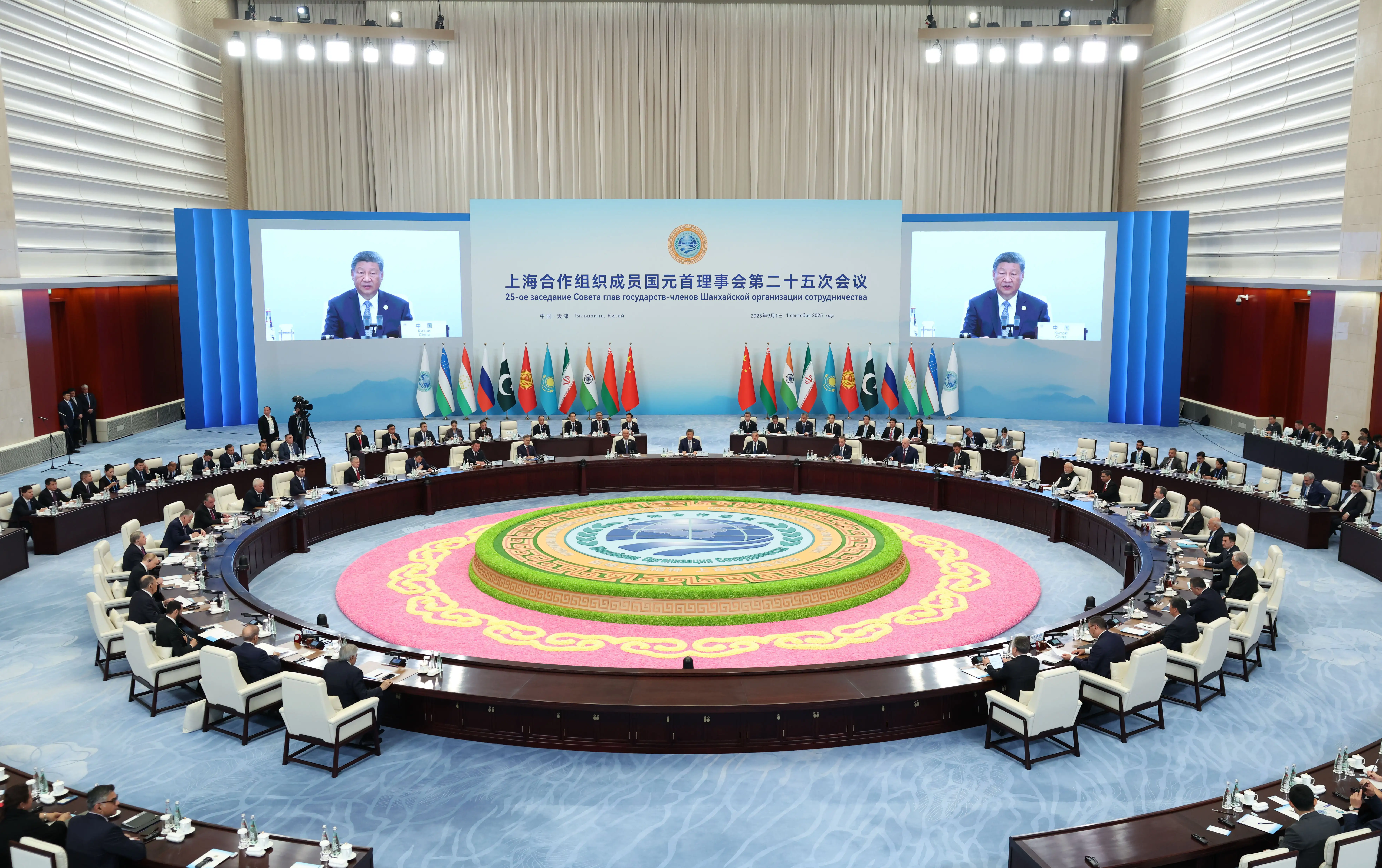
US uncertainty has left key countries rethinking their Trump ties

China’s summit was more than just diplomatic theatre, but rather a carefully curated message about Beijing’s influence amid intensifying geopolitical uncertainty
Published 8 September 2025
For the last week, Chinese leader Xi Jinping has been playing host to a new vision of a realigned world.
The Shanghai Cooperation Organisation (SCO) summit showcased what China wants to present: stability and order in a moment when Donald Trump is unsettling the global economy.

Where Trump drains allies and undermines partnerships, Xi is offering himself as a predictable anchor.
The summit brought together more than 20 leaders from across Eurasia, including Xi, Russian President Vladimir Putin and India’s prime minister, Narendra Modi, in a show of unity.
This was closely followed by China’s commemoration of the 80th anniversary of the end of the war with Japan, watched by guests that included North Korea’s Kim Jong-un and heads of state from 26 other countries.
Absent from everything was the US.
Trump has spent just six months in office upending the system of global trade.

His fixation on tariffs has eroded the goodwill that once bound allies to Washington. He has treated trade deficits as a mark of weakness rather than as the price of securing America’s central place in the world economy.
That centrality – trade relationships and the dollar’s dominance – has long allowed the United States to borrow cheaply and to wield unmatched influence.
But the uncertainty Trump has created has left many countries rethinking their ties to the United States.
This was evident in Canada’s recent election, where the prime minister ran explicitly against Trump, and in Australia, where the choice of closer alignment with Washington or independent regional power loomed large.
Xi has seized the moment.

His government staged an AI summit just before the SCO meetings, projecting China as not only a rival to the United States but a potential global leader.
Beijing pitched a regulated, predictable environment for technological development – a striking contrast with the digital free‑for‑all Trump and the Silicon Cowboys seem to embrace.
In Xi’s words, the world has entered “a new phase of turbulence” that demands a “more just and balanced international governance framework”.
The translation was plain: China aims to be the stable pillar of a new multipolar order.
That claim is reinforced by shifting alignments across Asia. India has long been courted by Washington as a counterweight to China, yet Trump’s recent tariffs have pushed prime minister Narendra Modi to signal his options lie with both Moscow and Beijing.

Politics & Society
How China’s chip strategy outsmarts Trump’s tariff trap
Armenia, even after Trump helped broker peace with Azerbaijan, appeared on stage as a full SCO member.
Across Africa, too, the comparison is stark. As the saying goes: when the Americans come, they give a lecture, when the Chinese come, they build a school or a hospital.
What many governments want is not ideology but a reliable partner who can deliver results.
Putin has also benefited. Just months ago he was a pariah, now he appears alongside both Trump and Xi, projecting himself as one of the world’s central players to domestic and regional audiences.
At the SCO, members also announced a new investment bank – one of the most concrete steps yet to build institutions outside US reach.
This cuts directly at American financial power.

For decades, the strength of sanctions rested on the centrality of the US dollar and the control of the New York banks. Sparing use made those tools formidable. But repeated use by Democratic and Republican administrations alike has accelerated workarounds.
Russia, under western sanctions, has already turned to India and China to replace lost revenue. If Trump continues to threaten the dollar’s role, the consequences for US power would be catastrophic.
After an August in which Trump flirted with unchecked authority, the world is recalibrating. Friendship only lasts so long when one partner is intent on inflicting pain.
The Russian joke goes that Trump was sent from God to lead the United States, but that God speaks Russian. Beneath the humour is a recognition that Trump’s disruption is pushing some of the world’s largest economies toward authoritarian partnerships.
Diplomacy matters. Relationships between leaders matter.

Politics & Society
The China divide
Trump’s admiration for flattery may work with allies who rely on US security guarantees. But in China we saw what it does for countries that have other options.
Trump is driving them into the arms of Xi and Putin. He is leaving them no safe harbour among free economies, no friends among the democracies of the West. And our world will suffer for it.
